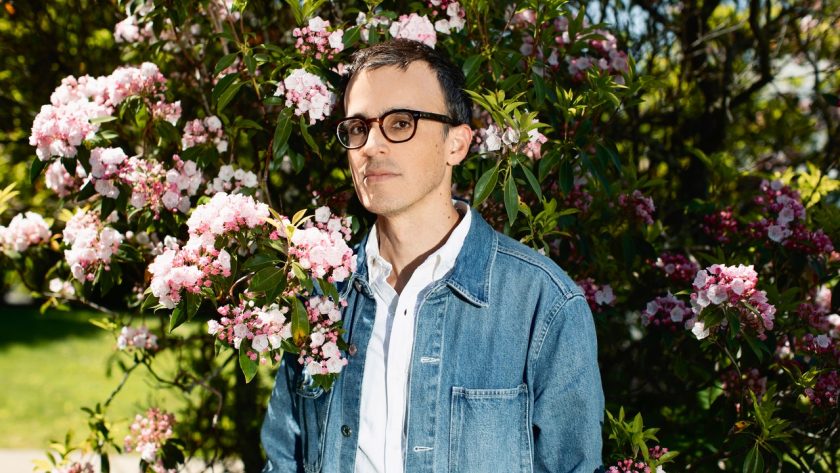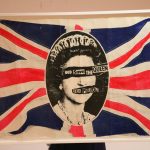Are rich people bad? This is one of the provocative questions that Jonathan Menjivar asks in his new podcast, Classy, from Audacy’s Pineapple Street Studios. Menjivar, who lives on the East Coast and considers himself part of the media elite (before moving to Pineapple Street, he worked as a producer on Fresh Air and This American Life), grew up in a working-class, Latino family in Southern California. Jumping classes (he owns cashmere socks now) made him hyperaware of the extent to which class touches nearly every aspect of our lives—but also just how uncomfortable it can feel to talk about it.
In the eight-part series, Menjivar’s thoughtful personal reflections guide the stories, but in most episodes they are just a starting point. He weaves together interviews with family, friends, former employers, and strangers alike to explore how class shows up in our workplaces, in the food we eat, in the clothes we wear, in military recruitment, and much more. Recently, Vogue spoke to Menjivar about his love of fashion, why having conversations about class is crucial, and what he hopes listeners will take away from the show.
Vogue: Since this is Vogue, can we start off with a fit check?
Jonathan Menjivar: Yeah. So this is a Wythe Tencel button-down shirt. I’ve got some painter pants from Alex Mill. I’m not wearing cashmere socks—these are cotton socks from the sadly defunct brand Entireworld. And these shoes are Padmore & Barnes. And I’m wearing the gold chain my dad got me, I think when I was a teenager.
Class is clearly an uncomfortable topic for many people. Why is it so important to talk about it?
I think it’s important because it is something very real that we’re just often talking around, you know? Like, when you meet people, so often the first question is “What do you do?” That’s the second question after your name. That is a class question. And “Where’d you grow up? Where’d you go to school? Where are you on vacation? Where do you live?”—and almost inherent in that is “Do you own your home? Are you a renter?” There are a lot of ways in which, when we are trying to get to know each other, we are asking, like, “Tell me where you are so I can know where I am in relation to you.” And a lot of that feels weird and bad. So, I think I just wanted a space where people would feel free to say that weird and bad stuff and also kind of dismantle some of our ideas about it. And talking about it allowed me and, I think, a lot of people who came on the show an opportunity to air it out a little bit and address it directly.



